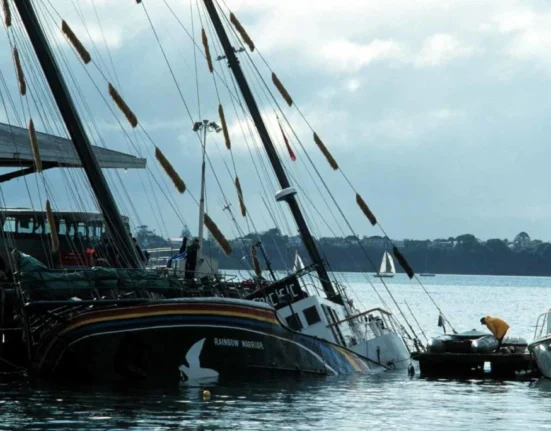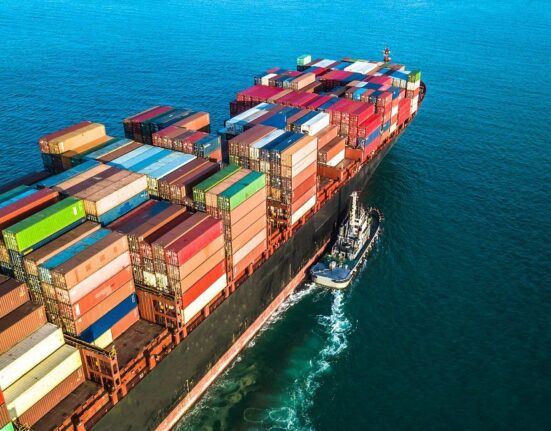Retired fisheries officer Greg Sharp had seen it coming. He knew that with the recent job cuts in enforcement officers across Victoria, illegal activities like poaching would escalate. And unfortunately, his fears were realized.
In a daring heist, two licensed commercial fishers from New South Wales managed to snatch nearly 800 kilograms of abalone from a marine park in Victoria. This illegal act didn’t stop there; they went on to sell their plundered shellfish for profit, demonstrating a blatant disregard for marine conservation laws.
Travis Dowling, the chief executive of the Victorian Fisheries Authority (VFA), expressed shock at the audacity of the criminals involved. He revealed that these individuals not only breached licensing regulations but also tampered with tracking devices on their boats to cover their tracks.
As Sharp emphasized,
“It’s no surprise. With the VFA cutting their staff numbers, it’s inevitable that poaching will increase.”
The reduced presence of compliance officers has emboldened criminal elements to exploit vulnerable marine ecosystems for personal gain.
The Cape Howe Marine National Park where this brazen theft occurred is designated as a protected area, prohibiting all forms of recreational and commercial fishing. The magnitude of this incident highlights the pressing need for robust enforcement measures to safeguard our precious marine resources effectively.
Sharp further lamented about the dire implications of dwindling enforcement resources:
“From Wodonga to Mildura, there will only be two staff now… The numbers are devastating.”
Such significant gaps in monitoring and regulation create loopholes that opportunistic offenders readily exploit.
While Mr. Dowling acknowledged that a small minority flouts fishing regulations during certain seasons, he maintained faith in the majority who abide by the law:
“More than 90% of people obey marine laws.”
Despite isolated incidents like this high-profile abalone theft, he assured that overall compliance remains strong within fishing communities.
The financial stakes involved in abalone poaching are substantial. Travis Dowling estimated that the stolen 800kg haul could fetch around $32,000 on the market – an enticing incentive for those willing to break the law for profit. Such lucrative prospects underscore the importance of stringent penalties and deterrents to discourage illicit activities.
Enforcement challenges persist as poachers adapt their tactics and exploit regulatory gaps left by staffing shortages. However, sustained efforts by dedicated officers remain crucial in upholding environmental conservation and ensuring sustainable fishing practices.
Illegal fishing not only threatens biodiversity but also undermines efforts towards maintaining ecological balance in fragile marine ecosystems. It is imperative for authorities to address these threats decisively through coordinated enforcement strategies and community engagement initiatives aimed at fostering responsible stewardship of our marine environments.
The saga of abalone poaching serves as a stark reminder of the ongoing battle against wildlife crime and underscores the vital role played by vigilant enforcement agencies in preserving our natural heritage for future generations.









Leave feedback about this